Omkar Kajrolkar , Raghav Sharma
EMC Working Papers
Driving the Paris Agreement
Article 6 of the Paris Agreement includes provisions allowing countries to cooperate to achieve National Determined Contributions (NDCs), specifically through carbon pricing, to meet mitigation commitments. Carbon markets are an emerging tool that incentivises businesses to pollute less and invest in clean technologies by putting a price on carbon emissions. As this article explores further, compliance and voluntary carbon markets are poised to reshape the energy landscape and contribute to achieving the ambitious goals of the Paris Agreement.
Compliance Carbon Markets
Compliance carbon markets are a key tool in the fight against climate change, and they aim to establish a carbon price by laws or regulations which control the supply of allowances distributed by national, regional and global regimes through the following compliance mechanisms: (1) Cap and Trade: Sets a pollution limit (the cap) and lets companies buy or sell allowances to meet their obligations, creating a market for carbon credits with a price driven by supply and demand; (2) Carbon Tax: A fixed price is set per ton of carbon emitted. Companies must pay tax for their emissions, incentivising them to reduce pollution.








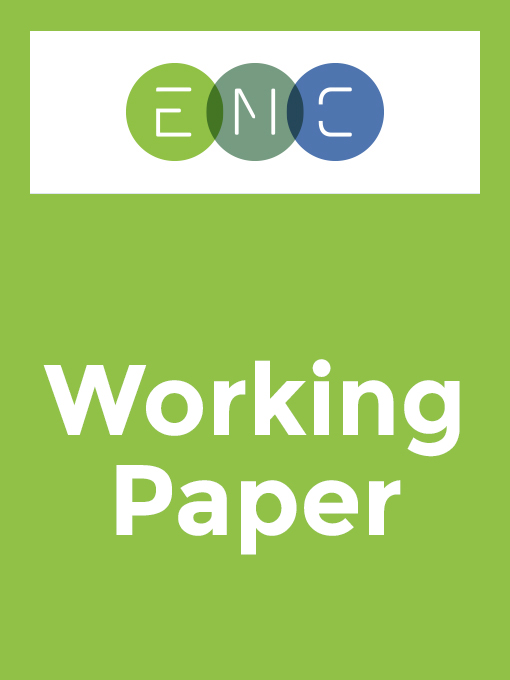
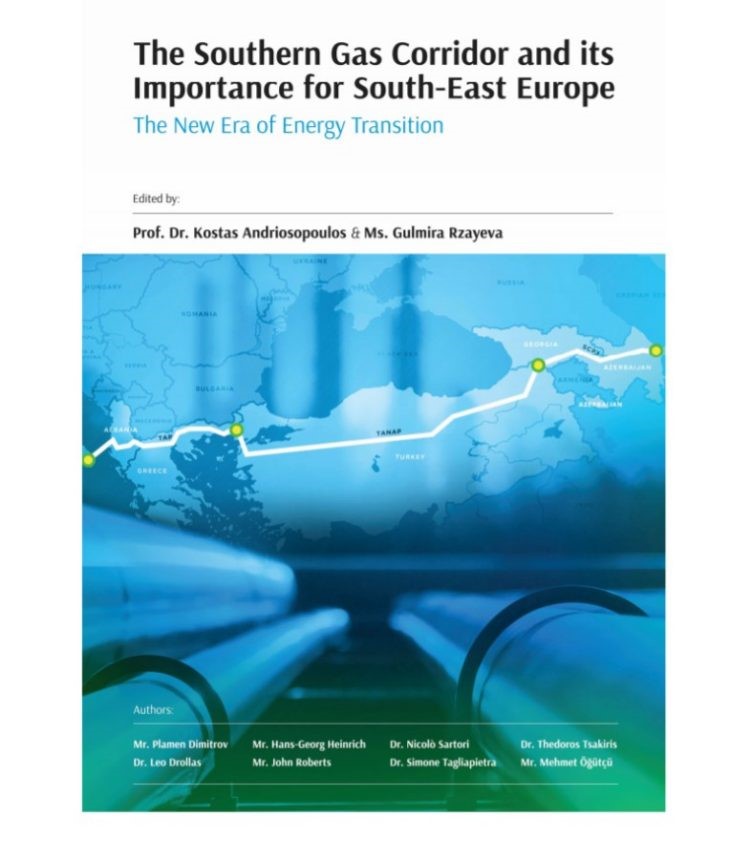

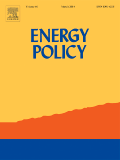


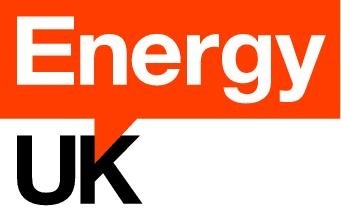


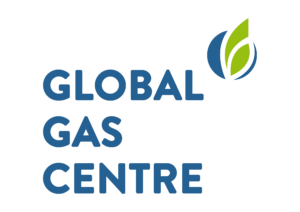
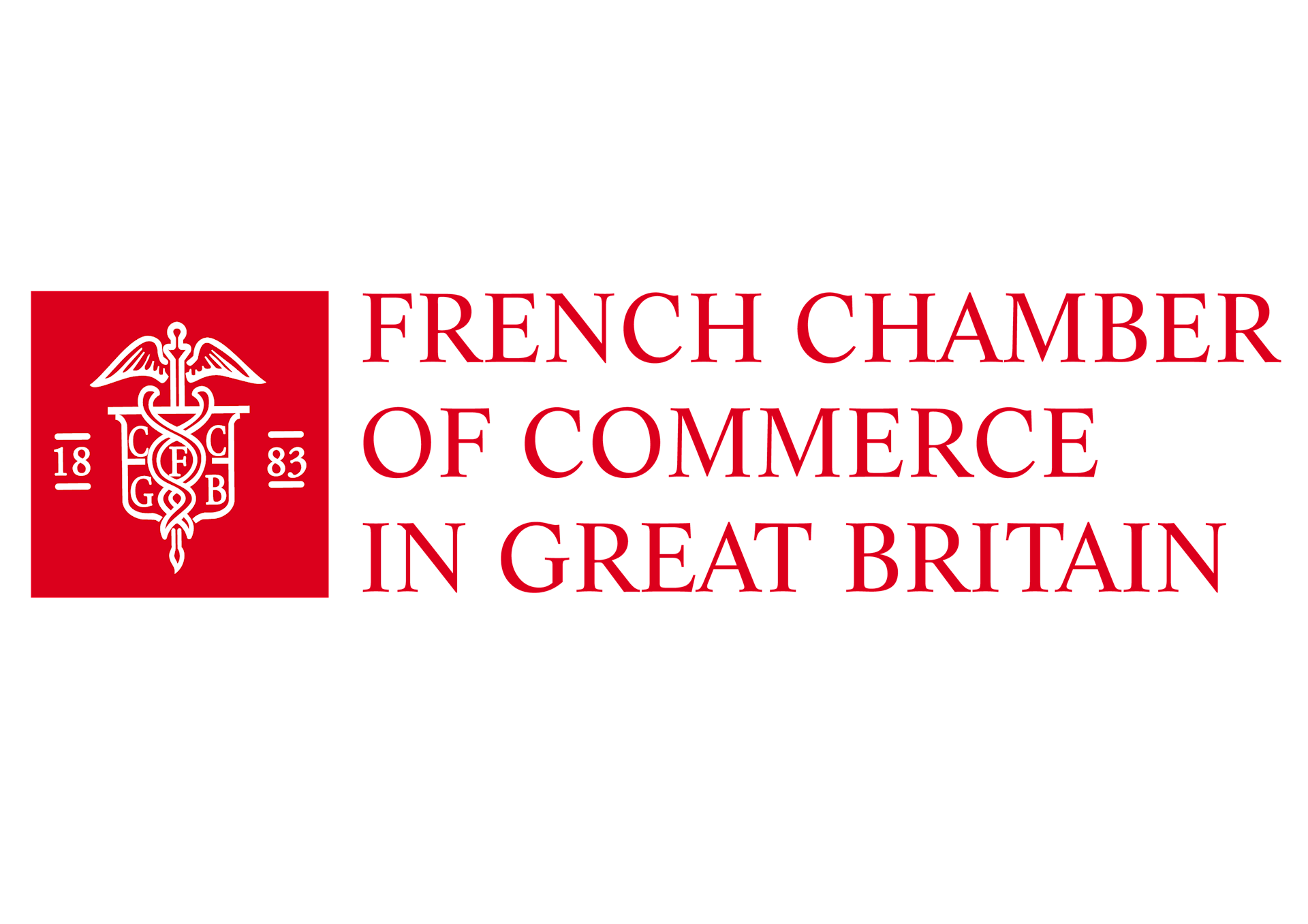


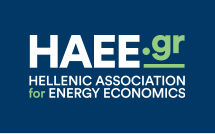




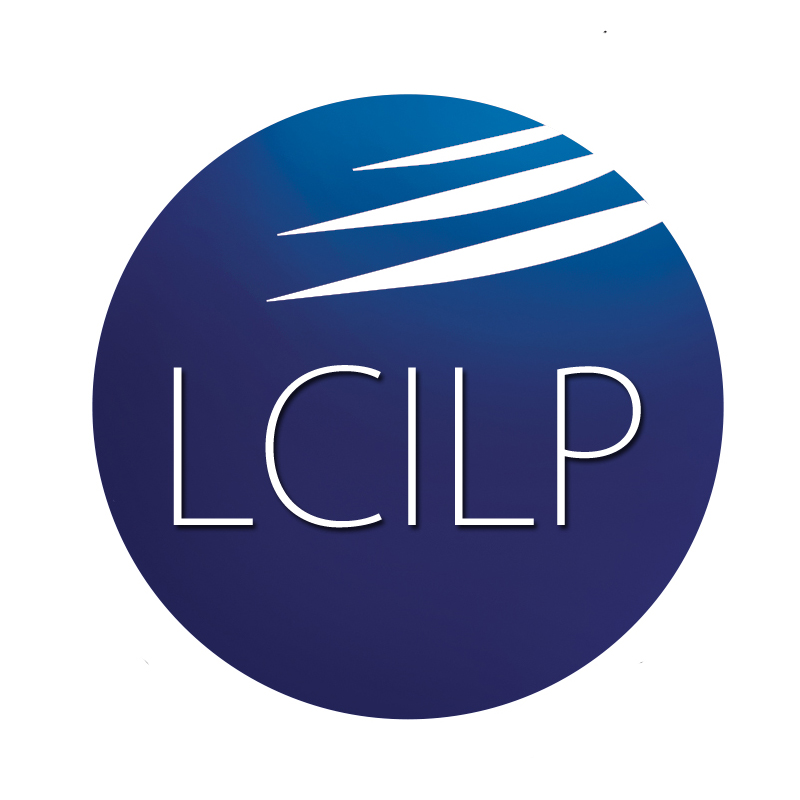
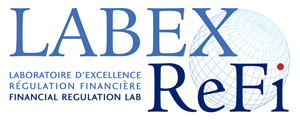
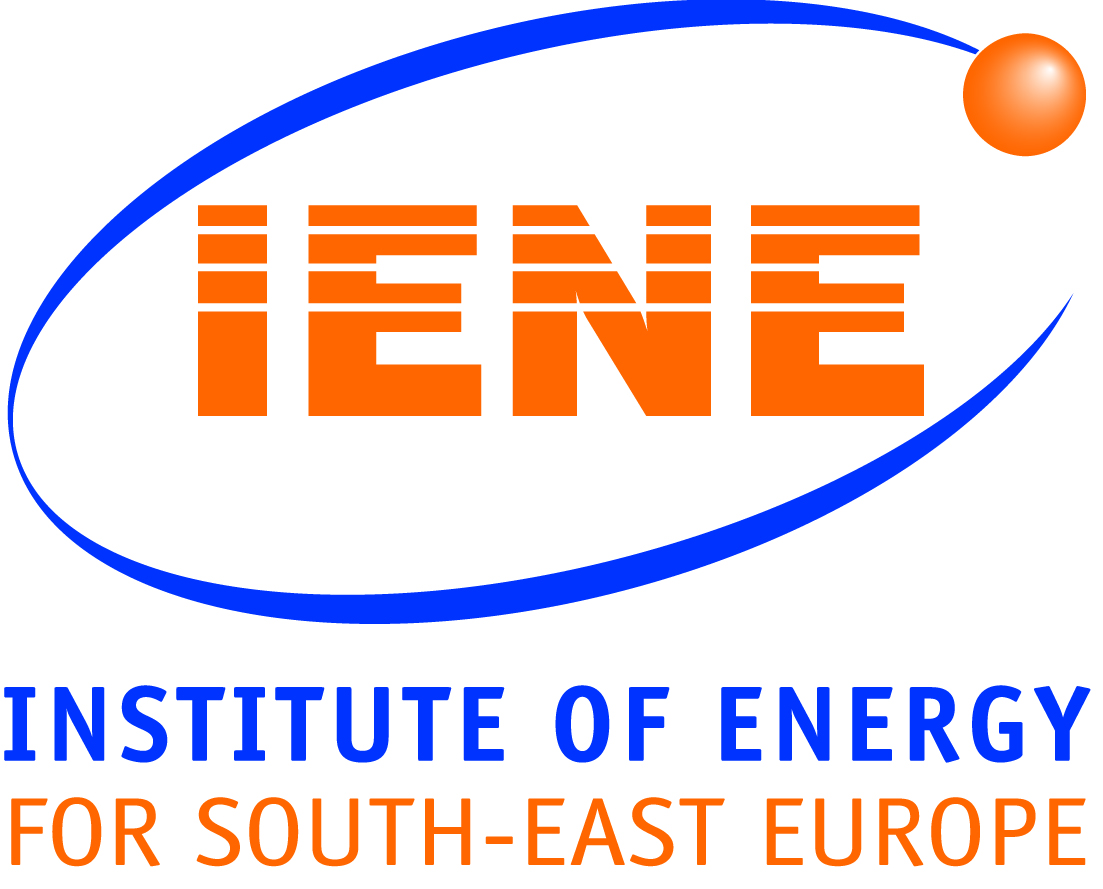




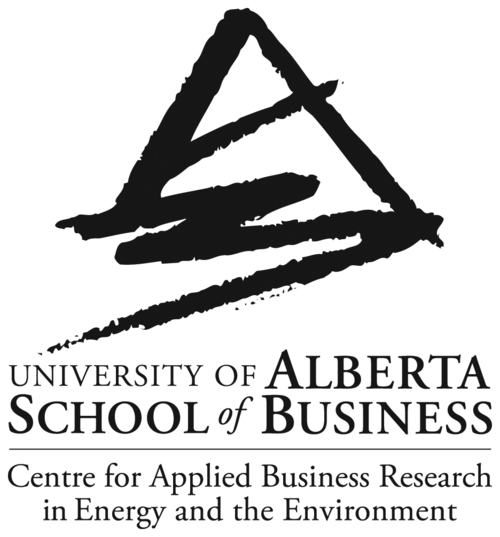

 Facebook
Facebook Linkedin
Linkedin Instagram
Instagram Youtube
Youtube EMC Newsletter
EMC Newsletter







